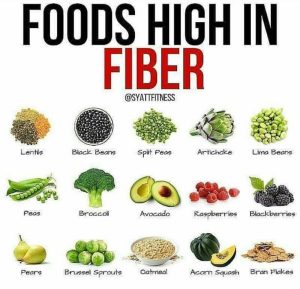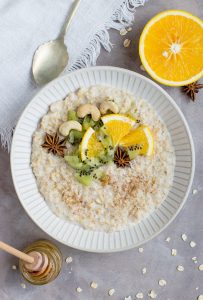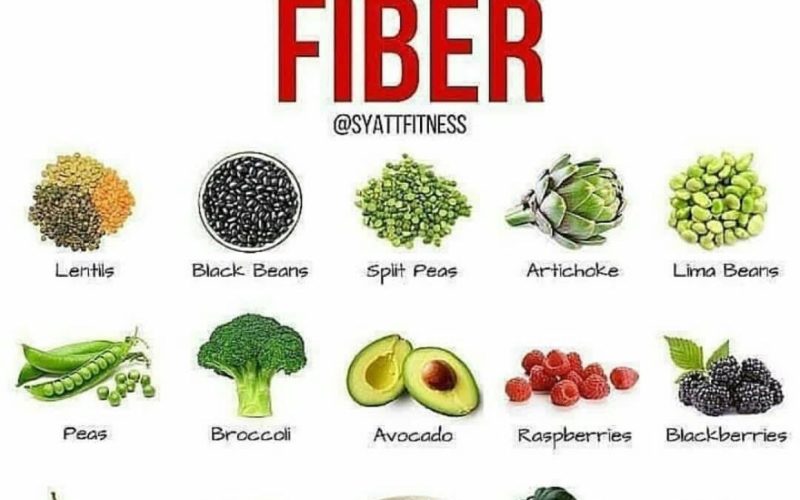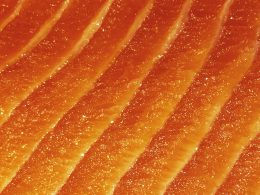A high-fiber diet is a nutritional approach that prioritizes the consumption of foods rich in dietary fiber. Dietary fiber is a non-digestible component of plant-based foods that offers a wide range of health benefits. In this article, we will introduce the concept of a high-fiber diet, explain the significance of dietary fiber, and highlight its importance for overall health.
1. What Is a High-Fiber Diet?
A high-fiber diet is a dietary pattern that places a strong emphasis on foods that are abundant in dietary fiber. It involves consuming a variety of plant-based foods, including fruits, vegetables, whole grains, legumes, nuts, and seeds, which are naturally rich in fiber. The primary goal is to increase daily fiber intake significantly.

2. The Significance of Dietary Fiber:
Dietary fiber, often referred to as roughage or bulk, comprises the indigestible parts of plant-based foods. These components offer several key advantages for overall health:
A. Digestive Health:
- Fiber promotes regular bowel movements and prevents or alleviates constipation. It adds bulk to the stool and helps it pass through the digestive tract efficiently.
B. Weight Management:
- High-fiber foods are typically filling and can help control appetite. They provide a sense of fullness, reducing the overall caloric intake and assisting in weight management.
C. Blood Sugar Regulation:
- Soluble fiber can slow down the absorption of sugar, helping to stabilize blood sugar levels. This can be particularly beneficial for individuals with diabetes or those at risk of developing the condition.
D. Heart Health:
- Fiber-rich foods, especially soluble fiber, can lower levels of LDL (bad) cholesterol in the blood. This reduces the risk of heart disease and stroke.
E. Gastrointestinal Conditions:
- Fiber can be beneficial for individuals with conditions like irritable bowel syndrome (IBS) and diverticulitis. It may alleviate symptoms and reduce the risk of flare-ups.
F. Prevention of Chronic Diseases:
- A high-fiber diet has been linked to a lower risk of developing chronic diseases, including type 2 diabetes, colorectal cancer, and cardiovascular disease.
3. Foods High in Dietary Fiber:
To adopt a high-fiber diet, include the following fiber-rich foods in your meals:
- Fruits: Berries, apples, pears, and oranges
- Vegetables: Broccoli, carrots, spinach, and sweet potatoes
- Whole Grains: Oats, quinoa, brown rice, and whole wheat
- Legumes: Lentils, black beans, chickpeas, and peas
- Nuts and Seeds: Almonds, chia seeds, flaxseeds, and sunflower seeds
4. Daily Fiber Intake:
The recommended daily intake of fiber varies by age and gender, but a general guideline is to consume around 25-30 grams of fiber per day for adult women and 30-38 grams for adult men.

Conclusion: Embrace the Benefits of Fiber
A high-fiber diet is a nourishing approach to overall health. By including a variety of fiber-rich foods in your daily meals, you can promote digestive health, manage weight, regulate blood sugar, support heart health, and reduce the risk of chronic diseases. Embrace the benefits of dietary fiber and enhance your well-being through a high-fiber diet.












